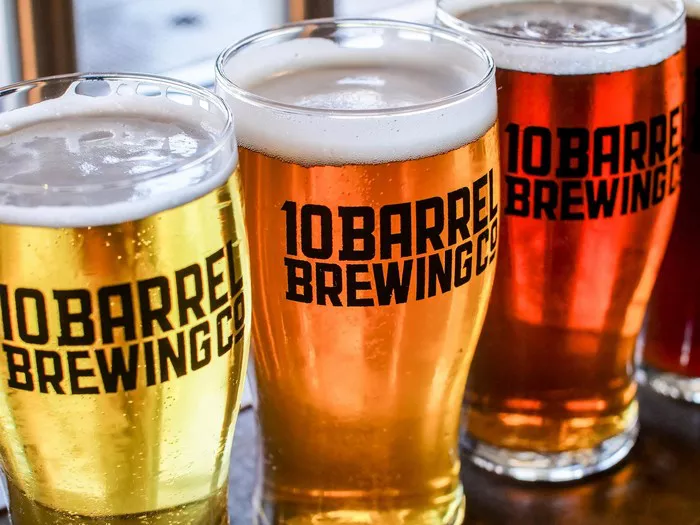Atrial Fibrillation (AFib) is a common heart rhythm disorder affecting millions of individuals worldwide. Often, individuals diagnosed with AFib may have concerns about their lifestyle choices, including alcohol consumption. The question frequently arises: Can you drink beer with AFib? Understanding the complexities and potential impact of beer consumption on AFib is essential for those navigating this cardiac condition.
Understanding Atrial Fibrillation and its Impact
Before delving into the relationship between beer consumption and AFib, it’s crucial to comprehend the nature of AFib itself. AFib is a cardiac condition characterized by irregular and rapid heartbeats originating in the upper chambers of the heart (atria). The irregular electrical impulses in the heart can result in symptoms like palpitations, shortness of breath, fatigue, and dizziness. It can also lead to complications such as blood clots, stroke, and heart failure.
Alcohol and Atrial Fibrillation: The Connection Unveiled
Studies have indicated a potential link between alcohol consumption and the development or exacerbation of AFib. Alcohol is considered a trigger for AFib episodes in some individuals. However, the impact of alcohol consumption on AFib can vary from person to person, with some experiencing adverse effects while others might not.
The Role of Beer in AFib: Understanding the Impact
Beer, a widely consumed alcoholic beverage, has unique characteristics that could influence its impact on AFib. Beer contains alcohol, but it also contains other compounds like hops and grains, which might have their own effects on the heart and body. The combination of alcohol and these additional components could potentially affect individuals with AFib differently than other forms of alcohol.
Potential Risks of Drinking Beer with AFib
For individuals with AFib, consuming beer may pose certain risks. Alcohol, including beer, can lead to dehydration and electrolyte imbalances, potentially triggering AFib episodes. Moreover, alcohol is known to interact with medications prescribed for AFib, impacting their efficacy and increasing the risk of side effects.
Moderation: The Key Factor
The pivotal question remains: Can you drink beer with AFib? The answer is nuanced. Moderation is key. For some individuals with AFib, moderate consumption of beer may not significantly impact their condition. However, exceeding recommended limits can exacerbate symptoms and lead to complications.
Understanding Moderation and Recommended Limits
Medical guidelines often recommend limiting alcohol consumption for individuals with AFib. Moderation typically entails consuming no more than one standard drink per day for women and up to two standard drinks per day for men. Understanding what constitutes a standard drink is essential, as beer servings can vary widely in terms of alcohol content and volume.
Factors Influencing Beer’s Impact on AFib
Several factors can influence how beer consumption affects AFib. These include the individual’s overall health, genetic predisposition, frequency and quantity of beer consumed, concurrent medications, and the presence of other lifestyle factors such as diet and exercise. Consulting a healthcare professional is crucial to assess these factors and determine personalized recommendations.
Tips for Safely Consuming Beer with AFib
For individuals with AFib who choose to consume beer, certain precautions can help minimize potential risks:
Consult Your Healthcare Provider: Before making any decisions about alcohol consumption, consult a healthcare professional. They can provide personalized guidance based on your specific health condition and medications.
Know Your Limits: Understand and adhere to recommended alcohol limits. Keep track of the amount and frequency of beer consumption to avoid exceeding these limits.
Stay Hydrated: Drinking water between alcoholic beverages can help prevent dehydration, which can be a trigger for AFib episodes.
Monitor Symptoms: Be vigilant about any changes in symptoms or the frequency of AFib episodes after consuming beer. Note any adverse effects and discuss them with your healthcare provider.
Consider Alternative Beverages: If beer consistently triggers AFib episodes or exacerbates symptoms, explore non-alcoholic or lower-alcohol alternatives.
Conclusion: Balancing Enjoyment and Health
In conclusion, the relationship between beer consumption and AFib is complex and varies among individuals. While moderate beer consumption might not significantly impact some individuals with AFib, it could exacerbate symptoms or lead to complications for others. Understanding personal limits, seeking medical advice, and being mindful of symptoms are crucial when navigating beer consumption with AFib. Ultimately, striking a balance between enjoyment and health is key in managing this cardiac condition.


